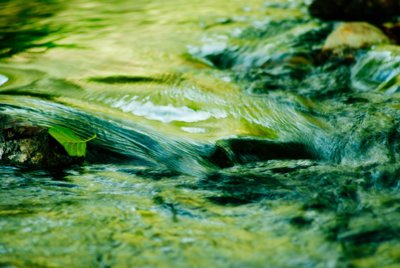Geo-engineering research at Nottingham Trent University has led to the commercial development of a patented technology that removes algal blooms from water sources, controls eutrophication, and restores water quality.
Issue
Eutrophication and harmful algal blooms threaten human health and aquatic ecosystems, and result in economic losses.
Approach
The Modified Local Soil (MLS) technology uses natural soil and clay particles modified by natural polymers to remove harmful algal blooms (HABs) and remediate polluted sediment over large areas.
Field trials conducted in five freshwater sources in south and north China showed that MLS treatment successfully removed HABs within hours, resulting in sustained improvements in water quality and biodiversity.
Impact
A collaboration with Chinese company Hunan Zhongke Water Environment Management led to the delivery of three commercial projects that used the MLS technology.
Annual harmful algal blooms in Hefei Botanical Garden had killed fish and created a strong odour and, as a result, the garden was closed for water ecological restoration. MLS technology improved the water quality from grade “bad V” to grade “good III”, facilitating the successful recovery of fish populations and vegetation.
After the NTU patent for MLS was filed in 2018, another Chinese company signed an exclusive five-year licence to fully commercialise and roll out the technology to other locations in China. This involves the utilisation of a clay frame product and a production capacity of 350 units per day.
Share this resource
This is an open access article under the terms of the Creative Commons Attribution License (CC BY NC 4.0), which permits use, adaptation, distribution and reproduction in any medium or format, provided the original work is cited and it is for non-commercial purposes. Please contact us for other uses.
How to cite
Royal Geographical Society (with IBG) (2023) Controlling eutrophication and algal blooms to safeguard human and ecosystem health and prevent economic loss. Available at https://rgs.org/controllingeutrophication Last accessed on: <date>
